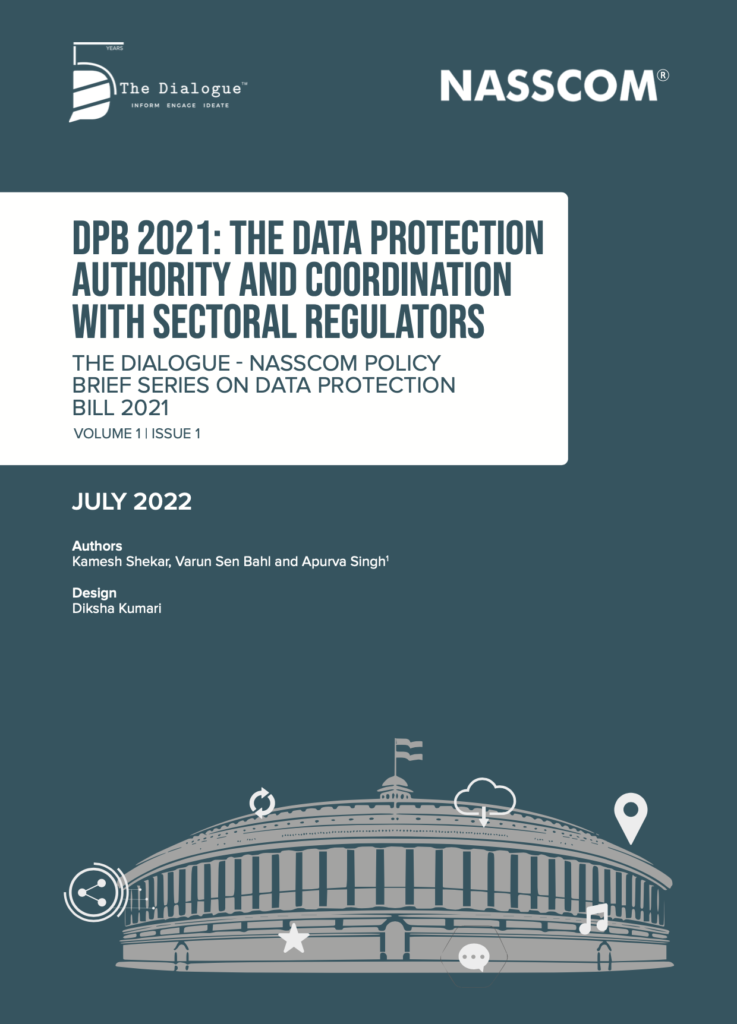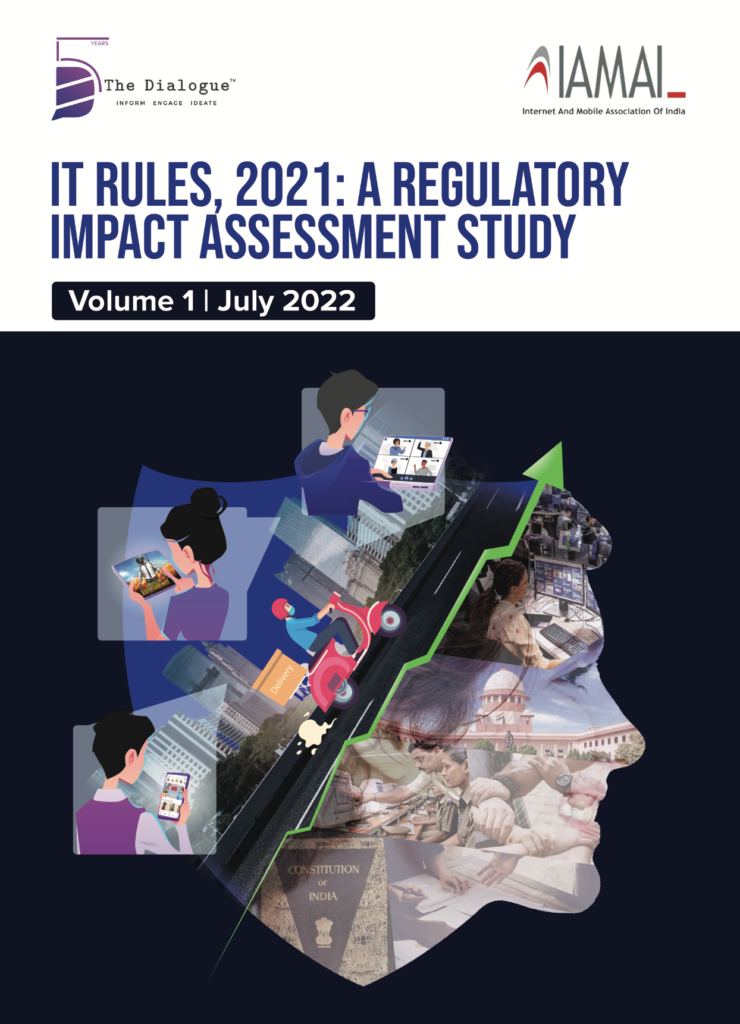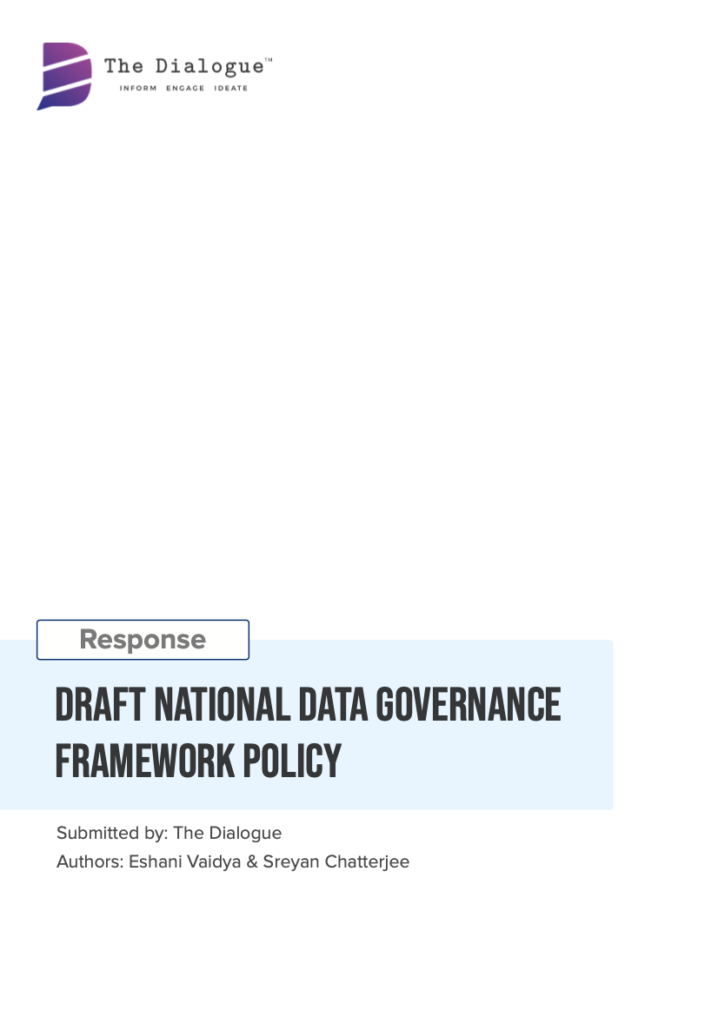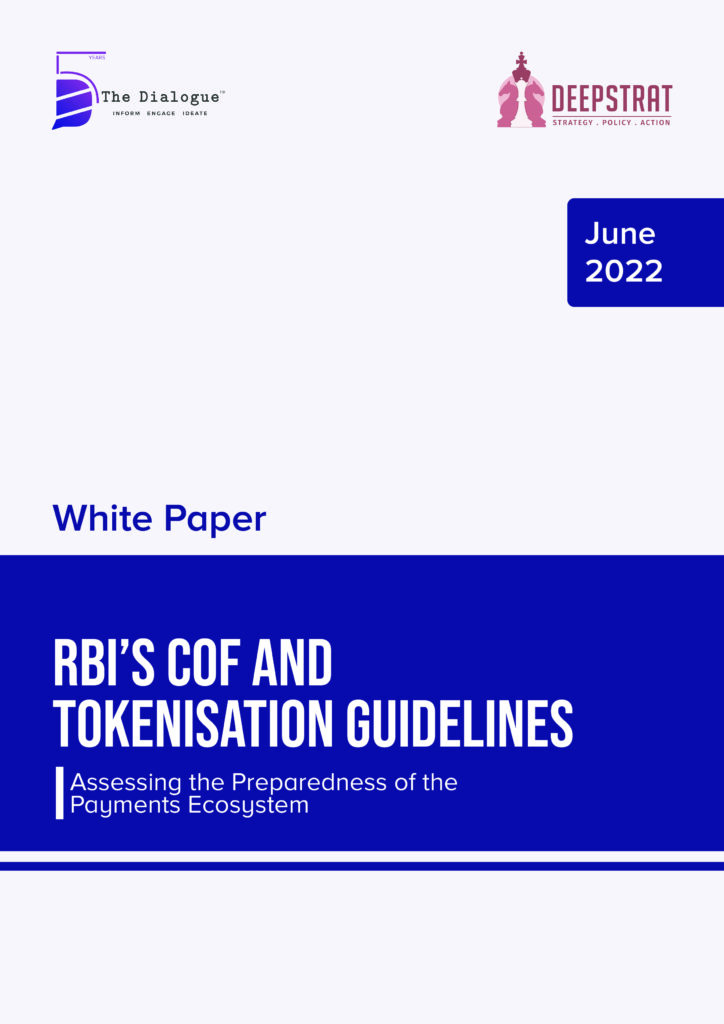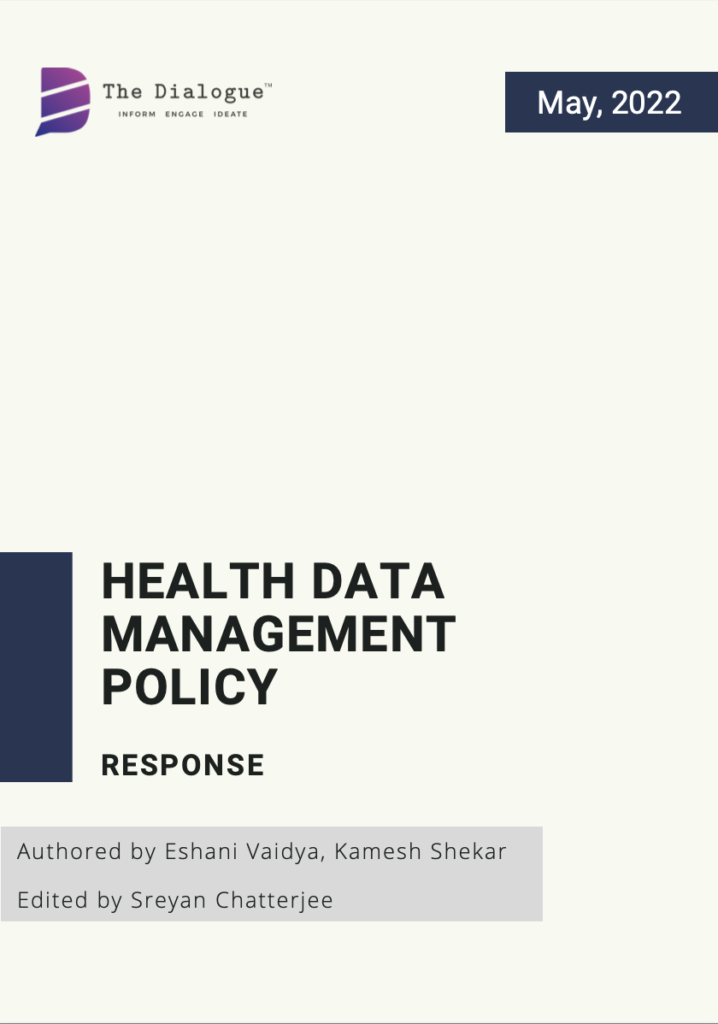Bilateral Discussion between Australia and India on Data Protection Regimes
The Dialogue organised a bilateral discussion between Australia and India on data protection regimes on 12th April 2022. For this discussion, we were delighted to host Ms Angelene Falk, Australian Information Commissioner and Privacy Commissioner; Dr Amar Patnaik, Member of Joint Parliamentary Committee on Personal Data Protection Bill, 2019; Rahul Matthan, Partner, Trilegal.As India is […]
Bilateral Discussion between Australia and India on Data Protection Regimes Read More »





